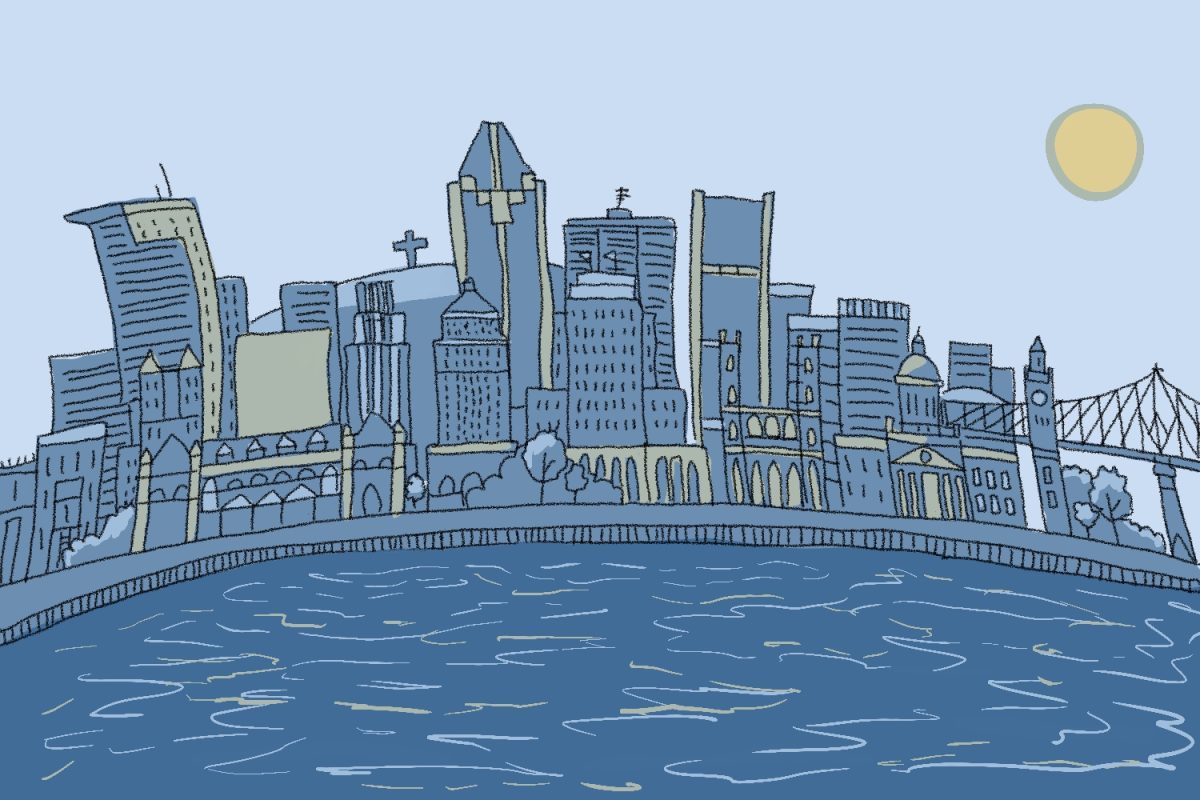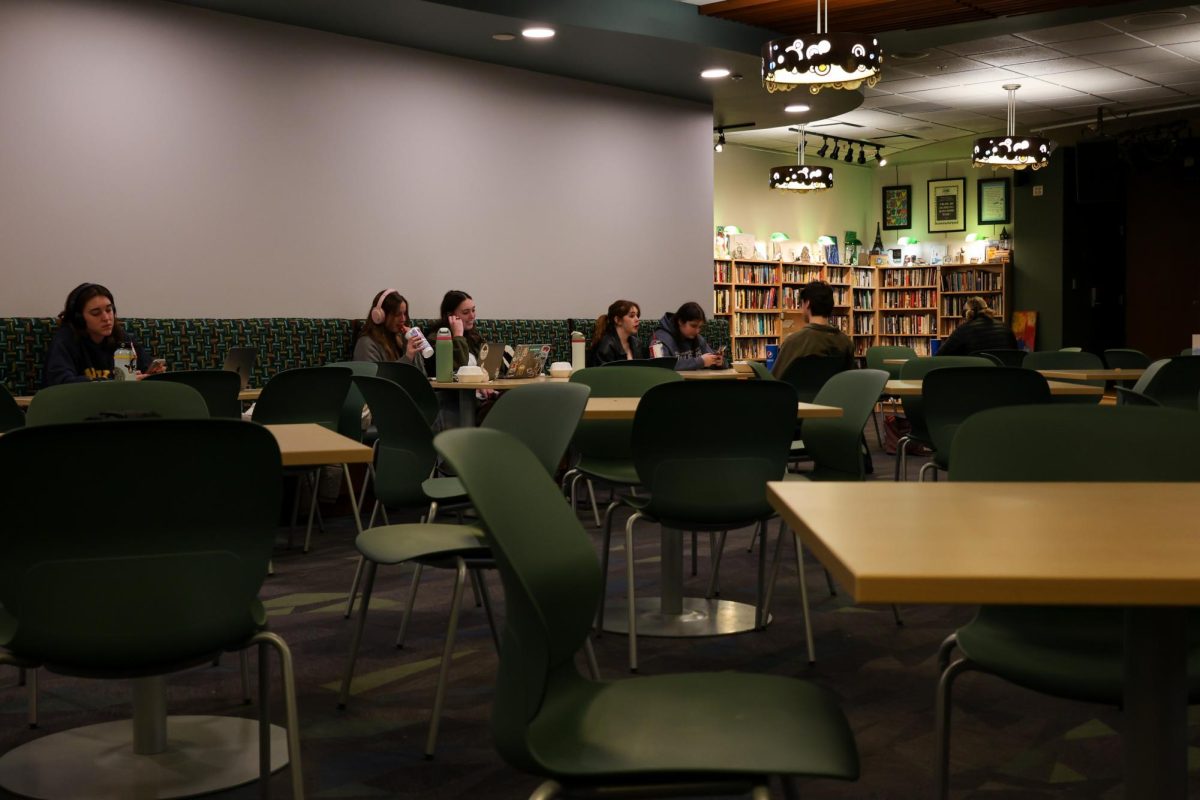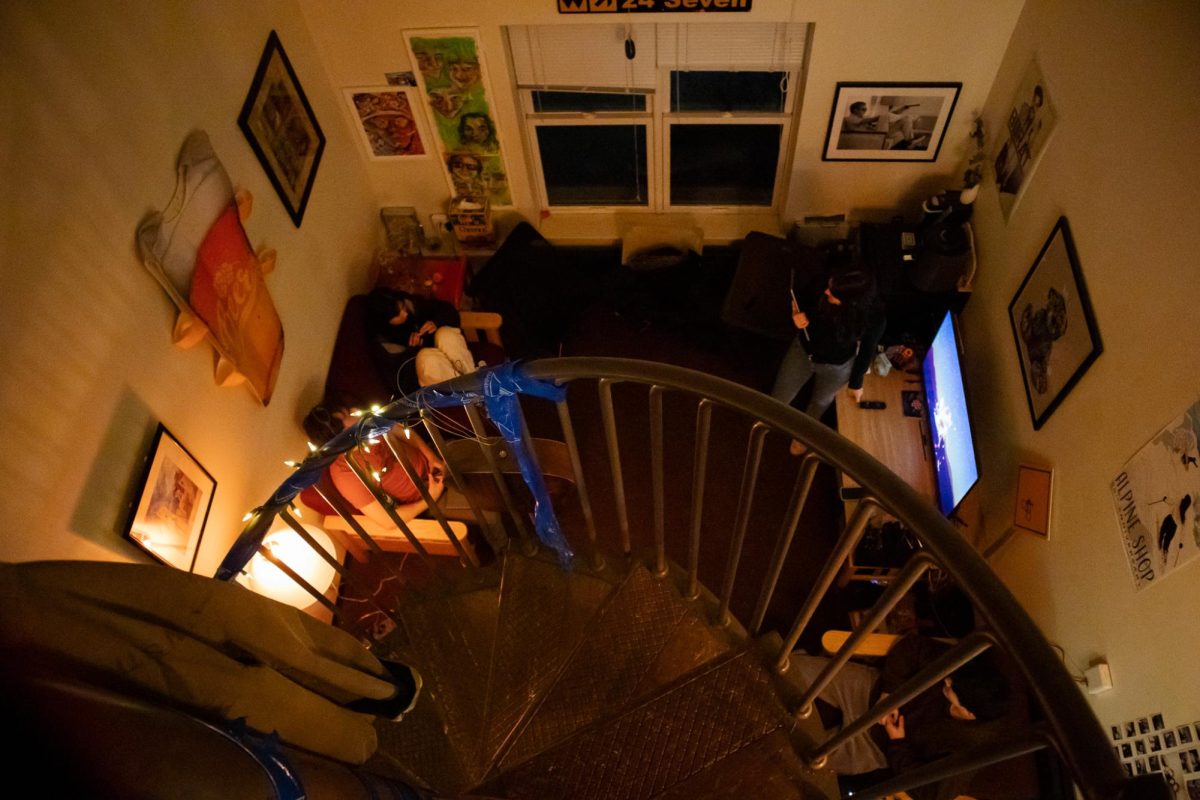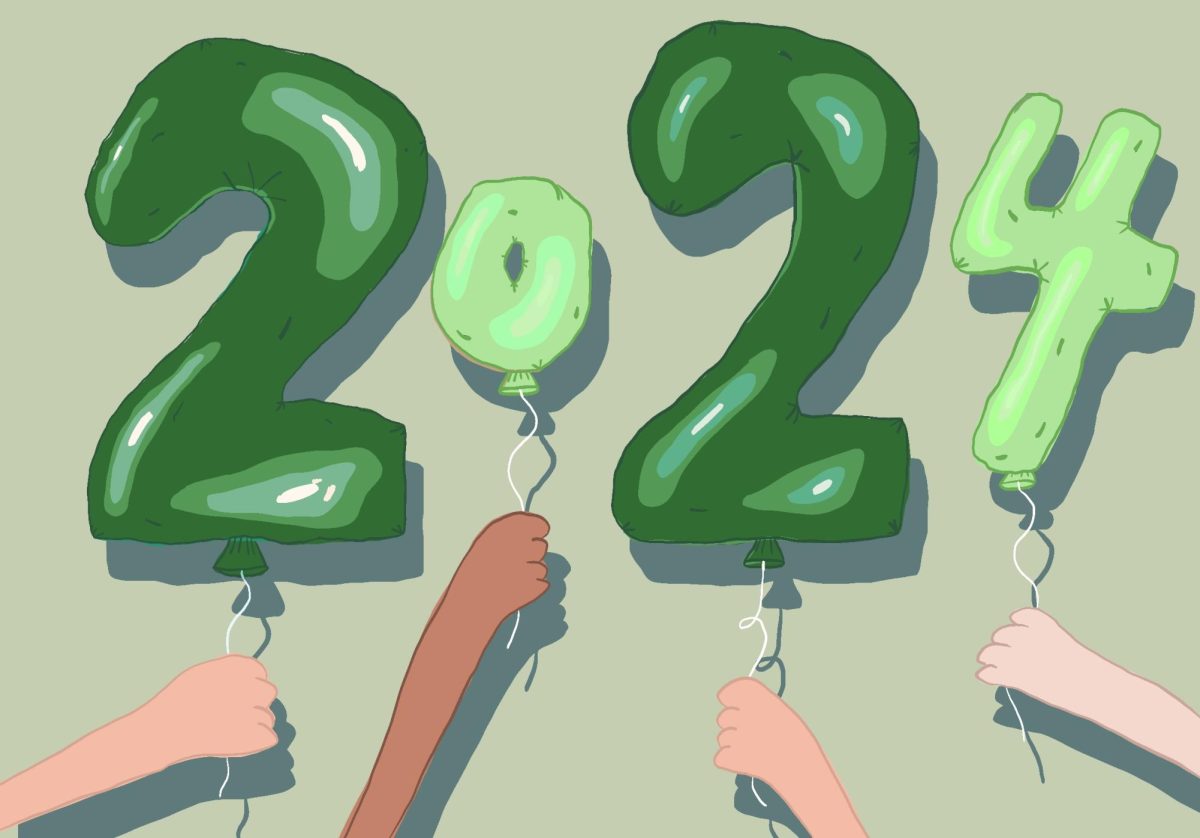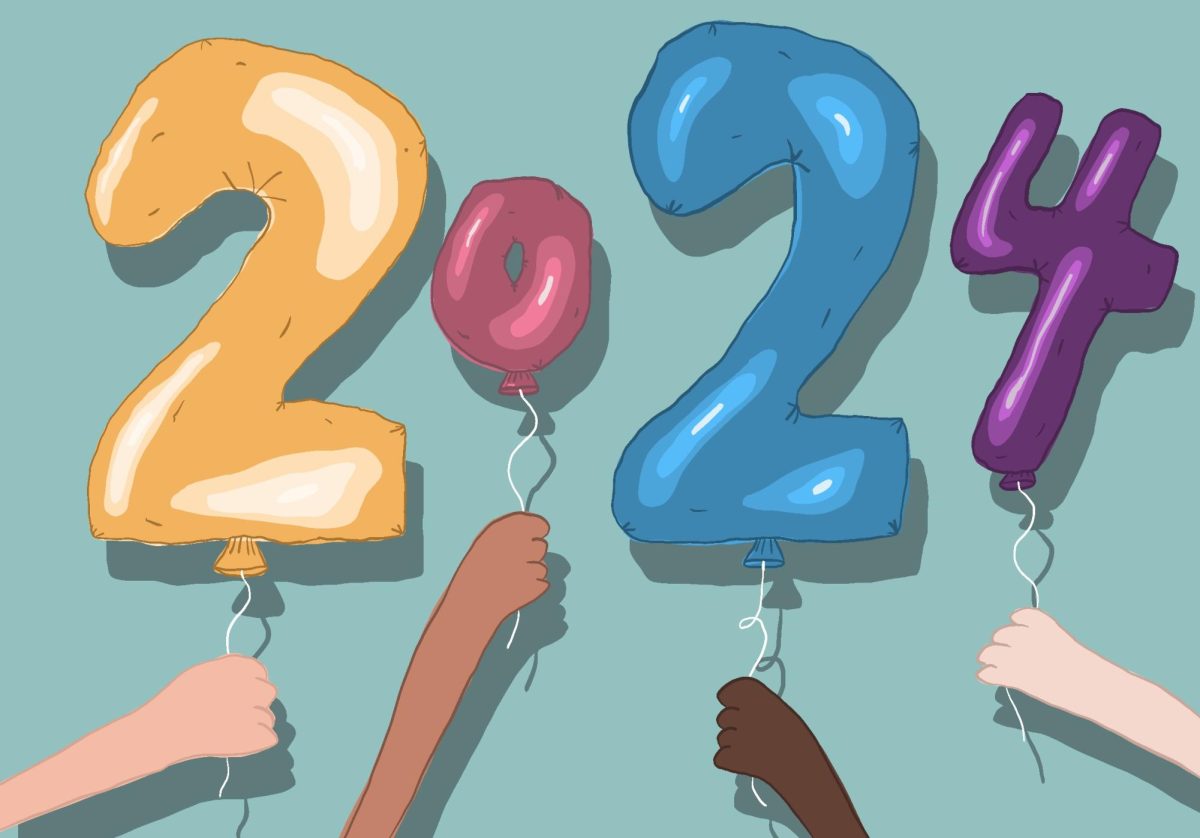Nostalgia, defined as a bittersweet longing for things, persons, or situations of the past, interestingly finds its etymological roots in the Greek nostos, meaning a return home. In a figurative sense, to be nostalgic is a harmless diversion from the travails of the present. But to use nostalgia literally as the lodestar of your foreign policy is an invitation for disaster-The past is a home to which one can never really return. So forget about John Kerry promising “global tests” and a return to our old allies-they must come to us on the new terms set forth by our president, George W. Bush.
It is not surprising that as an immigrant to the U.S., Fareed Zakaria, in his brilliant address to the UVM community last week, was deeply nostalgic about America’s former place in the hearts and minds of the world community. After all, the intensely favorable hopes and ideas of another country are what cause an immigrant to be one. Yet Zakaria, I believe, was nostalgic to fault, eulogizing the relationships America once enjoyed with her allies, the high place America once occupied in the world’s eyes, without putting these realities into broader context. His desire for the status quo ante bellum relations with the world, like Kerry’s, is flimsy nostalgia, not real policy in the post-9/11 age.
Since the end of World War II, America has led a free world that has, until now, been reasonably quick to follow. During the Cold War, U.S. realations with Europe were far from smooth, yet we had a common enemy-an encroaching Soviet Union and its insidious, murderous communism-who ensured that U.S. and European cooperation would stop at freedom’s peril. At the same time, as part of this struggle, the U.S. supported a lot of nasty regimes, propped up more than a few dictators, and engaged in two especially bloody wars on the premise that “the enemy of our enemy was our friend”. Thus, using this low standard, we earned many friends at the time, but many who would prove our most deadly adversaries later.
To our credit, America has never supported Arafat’s terror regime in Palestine, though the shah of Iran could call us a friend until 1979. Saddam Hussein and the ba’athists could call us a friend (sometimes) in the 1980s, as could the jihadist mujahedeen in Afghanistan-at the time they were our friends too. Saudi Arabia could count on us in the First Gulf War, and while the Bush-Saud nexus should be dismissed as conspiratorial, the Saudi royal family remains our (not unconditional) friends. This catalog of criminals should speak for itself: the problem is not that we have too few friends in 2004, it is that we had too many friends throughout the Cold War. 9/11 awoke us to this reality that had eluded Democrat and Republican administrations alike, and caused this president, in terms of who would be considered friends of America, to dramatically raise the bar.
This new American status quo, as I call it, with cold conviction puts the civilized world on the offensive, draining the swamps of terror and tyranny-the same ones that prior to 9/11 we were actively cultivating-before they breed their putrid pestilence delivered to America in the form of a shoe bomb, three rogue jetliners, or a nuclear bomb. The willingness to pursue this goal constitutes America’s new terms, and our allies must abide by them in whatever capacity they are able. There is no other way to do it; the stakes of weapons of mass destruction are too high, their effect too devastating.
The battle has been joined, most conspicuously in Afghanistan and Iraq, but the front is worldwide. Real progress is being made-Just tune into the next presidential debate, if you haven’t done so twice already, to hear our President articulate our and the world’s catalog of achievements thus far.
Some countries, such as those in former-communist Eastern Europe, are with us-life in oppression is still fresh in their minds. Great Britain, a country that knows the tough but necessary job of the world’s foremost power, is with us too. Others, however, are reluctant or downright hostile to the course America has chosen in the War on Terror. They are largely a confederation of former great powers engaged in an exercise of collective amnesia, willfully forgetting the massive responsibilities that accompany great-power status that they themselves forswore under the Kaiser and Hitler’s Germany, Napoleon’s France and Stalin’s Russia. And there is reason.
With the fall of the Soviet Union, the common perception of threat, that adhesive bonding the U.S. to her allies, has lost much of its stick. For America, Terror has replaced the Soviet Union as public enemy number one, and while some others don’t see it that way, I would argue just temporarily. Terror will be the new glue as more and more catastrophic events will shatter the false perception of invulnerability from these Islamic fascists, whether in American cities, Israeli resorts, Russian schools, Madrid trains, Bali nightclubs, or downtown Baghdad.
With American leadership, one by one, our old allies will step up to the world in its new terms articulated by the U.S. George W. Bush will deliver to the American people the leadership we need to get the job done, and our allies, I predict, will join in time. A foreign policy course charted by John Kerry, however, would be fatally nostalgic-he desires a previous state of affairs that is not only unattainable, but which created the dynamics of Terror which we now confront.












